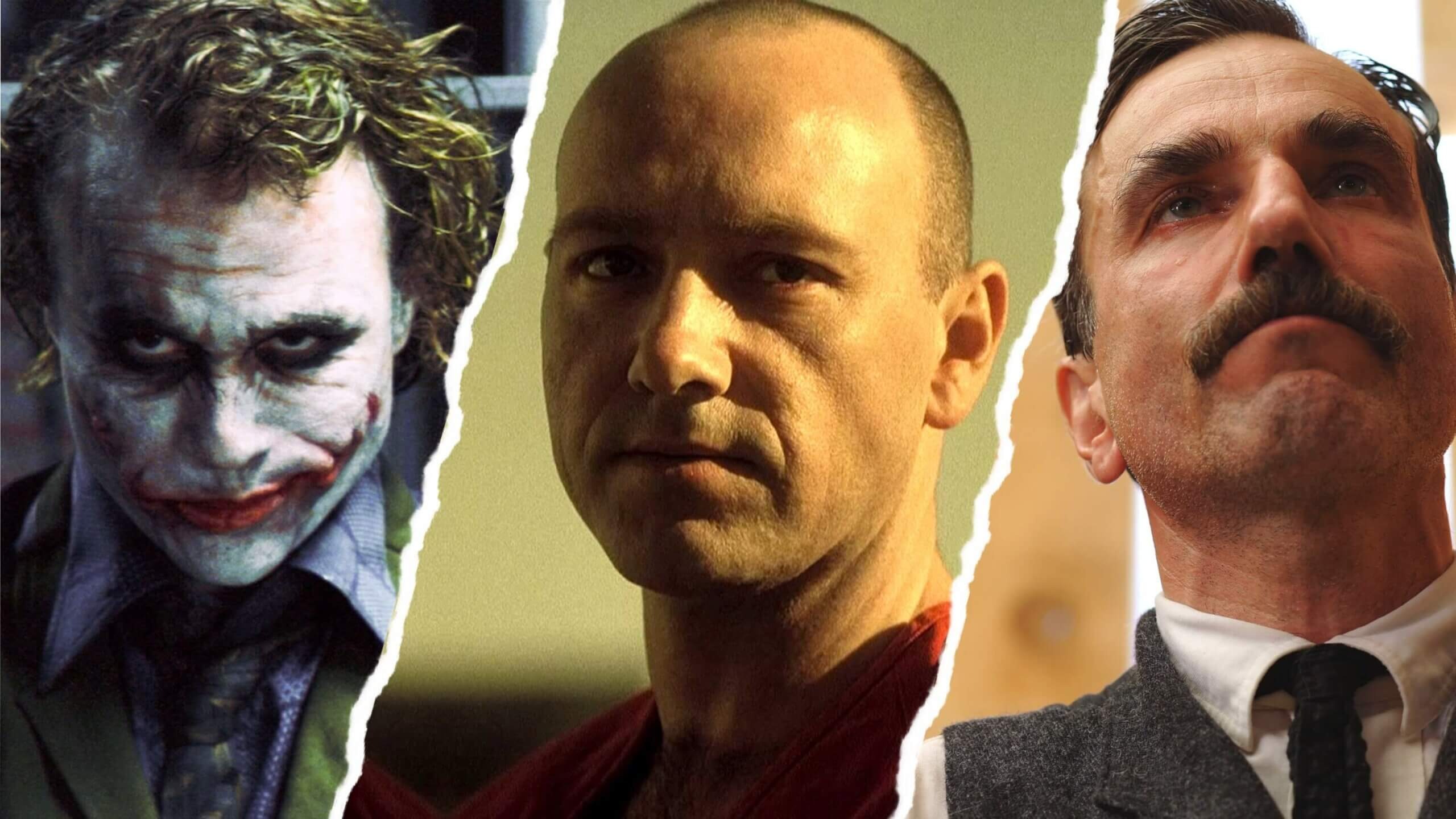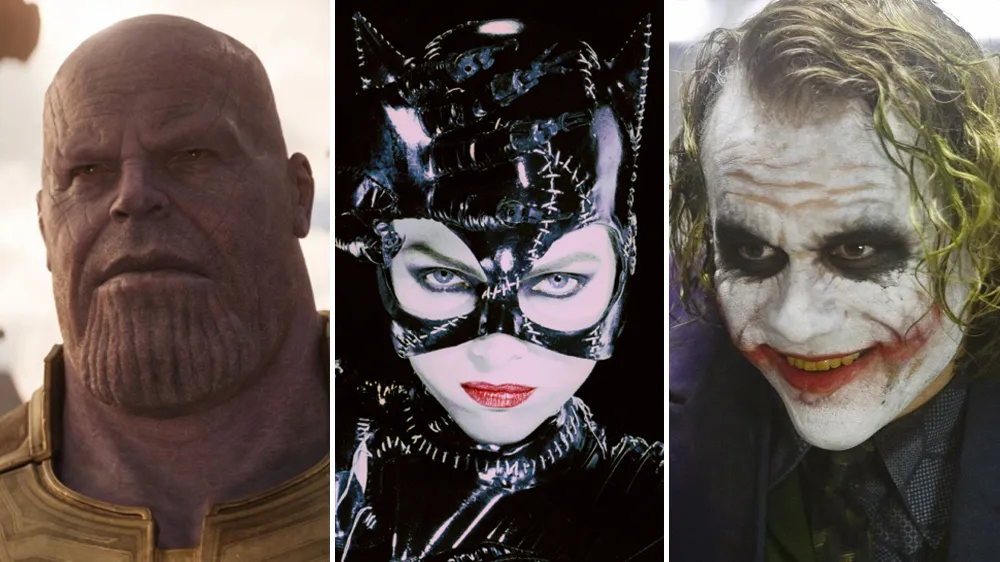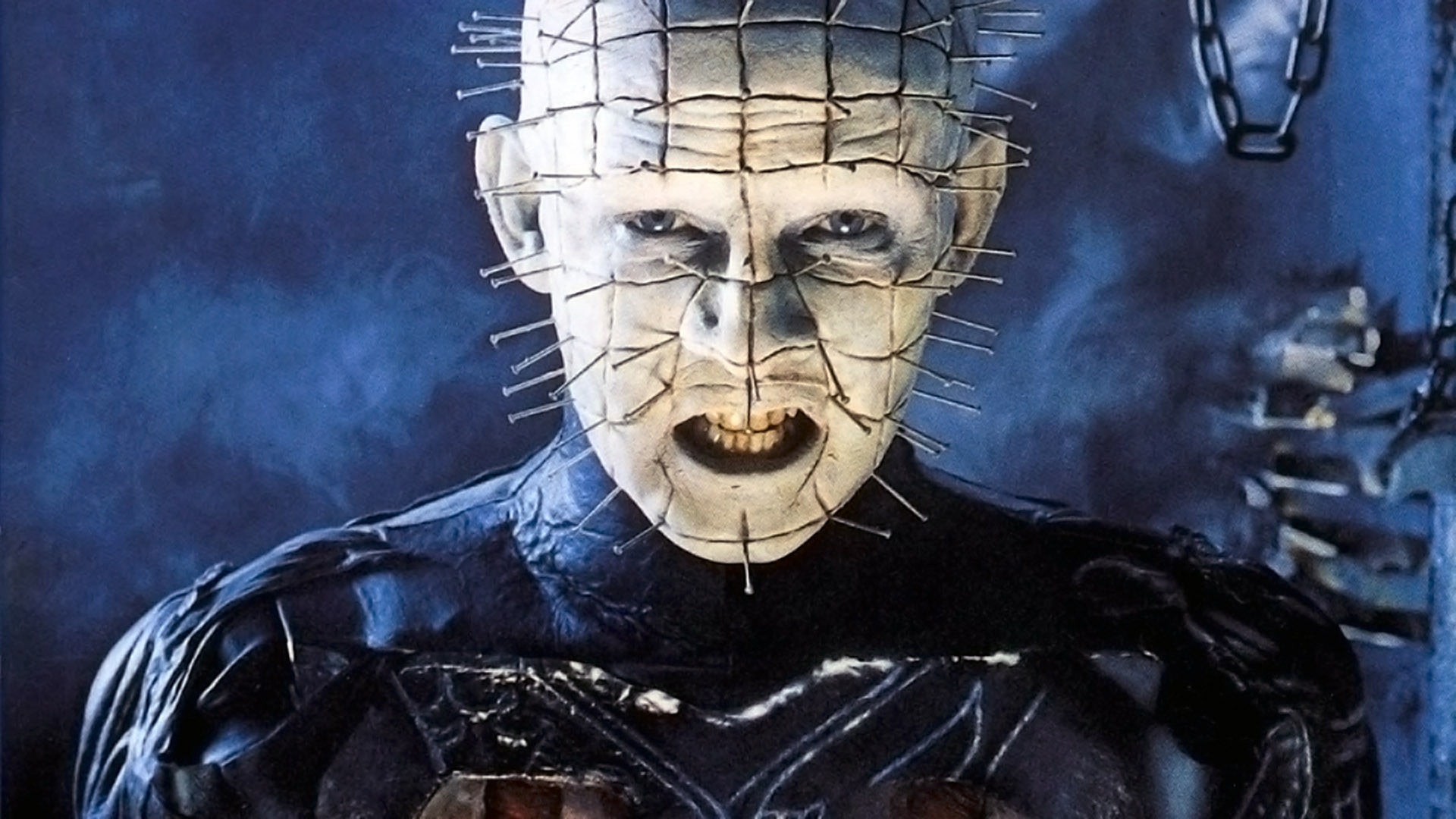Action thrillers are the quintessence of cinematic excitement, weaving complex narratives that grip audiences with heart-pounding suspense and high-octane scenes. However, it’s not just the heroes that capture viewers’ imaginations—it’s often the villains who steal the show. These characters are more than mere antagonists; they are intricate studies in the human psyche, providing depth and drama that resonate with viewers long after the credits roll. This exploration into the minds of some of cinema’s most memorable villains reveals why they are as crucial as they are captivating.
The Driving Forces Behind Villainous Intent

The most compelling villains in action thrillers are distinguished by their profound motivations, which often stem from deeply personal and traumatic origins. These characters are driven to extremes, their actions fueling the films’ narratives with tension and intrigue.
Consider the chilling Hannibal Lecter in The Silence of the Lambs. Lecter’s grotesque cravings are a product of his disturbed past, painting a picture of a villain whose complexities are as horrifying as they are fascinating. His profound influence on both the storyline and the audience’s experience showcases the dramatic power of a well-developed antagonist.
The Seductive Blend of Brains and Charisma
What sets iconic villains apart is their combination of high intellect and charismatic allure. These traits make them formidable and mesmerizing, able to orchestrate elaborate schemes while captivating and sometimes even swaying the audience to their rhythm.

The Joker in The Dark Knight epitomizes this blend. Portrayed by Heath Ledger, the Joker’s anarchistic approach and sharp wit make him a formidable foe to Batman. His unpredictability and strategic madness not only add layers to his character but also elevate the film’s psychological tension.
A Glimpse into the Abyss: The Complexity of Darkness
Iconic villains often possess a complexity that goes beyond mere malevolence. They challenge viewers to explore the shadowy depths of their own morals and the darker corners of human nature. This relatability adds a layer of intrigue that enhances their presence on screen.
Tyler Durden from Fight Club serves as a perfect example of this phenomenon. Durden’s charm and radical views on society make him both dangerous and appealing, inviting viewers to ponder deeper questions about conformity and personal freedom.
Catalysts for Heroic Evolution
In action thrillers, the presence of a formidable villain not only heightens the tension but also propels the protagonist’s development. These villains are instrumental in forging the heroes’ paths, pushing them to confront their limitations and surpass obstacles in ways they never thought possible.

In Die Hard, Hans Gruber’s cunning and relentless pursuit catalyze John McClane’s transformation from an everyday cop into a resilient hero. The dynamic interplay between McClane and Gruber provides the film with its core narrative drive and emotional impact.
In conclusion, the allure of iconic villains in action thrillers lies in their complexity, intelligence, and profound impact on the story and its characters. These villains are pivotal, not merely for their role as antagonists but for their ability to engage us in a deep, psychological dance that questions the very nature of right and wrong. They are, undeniably, what makes action thrillers profoundly gripping and endlessly rewatchable.
